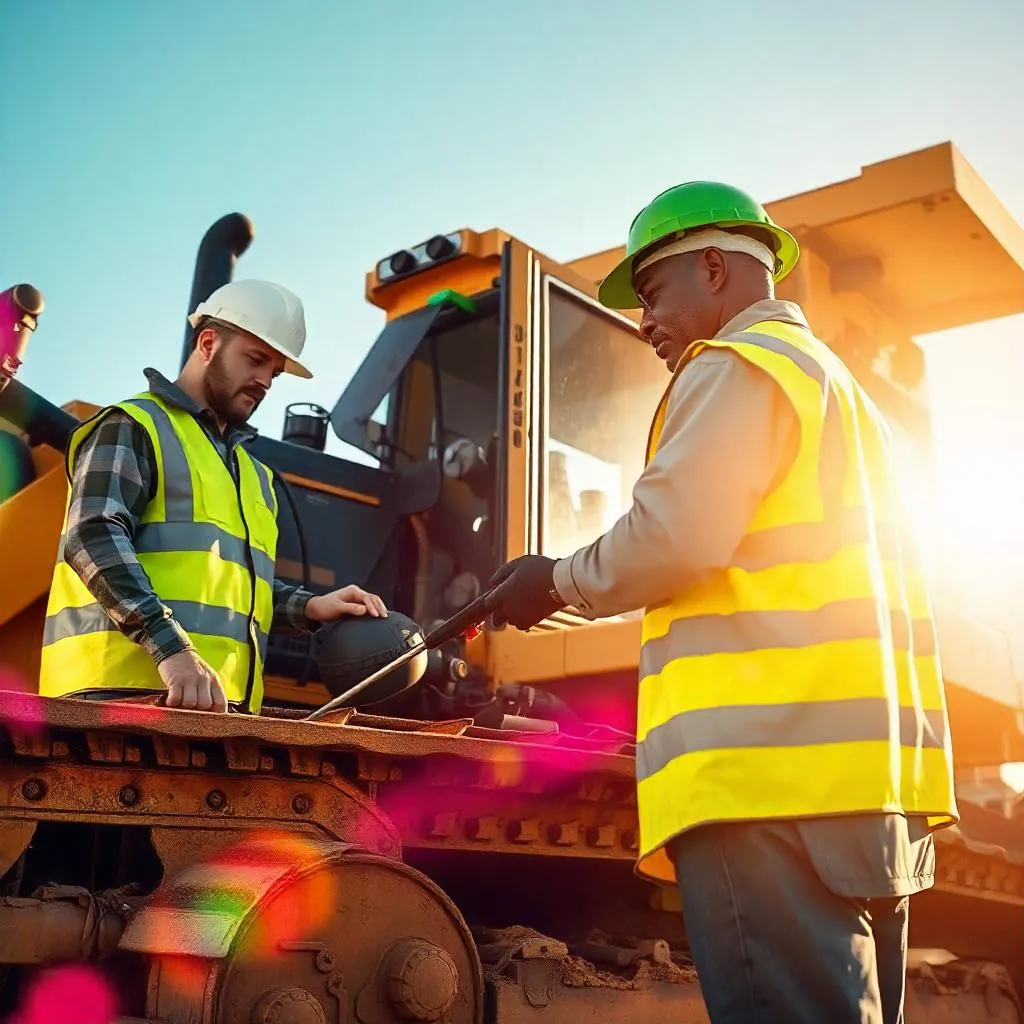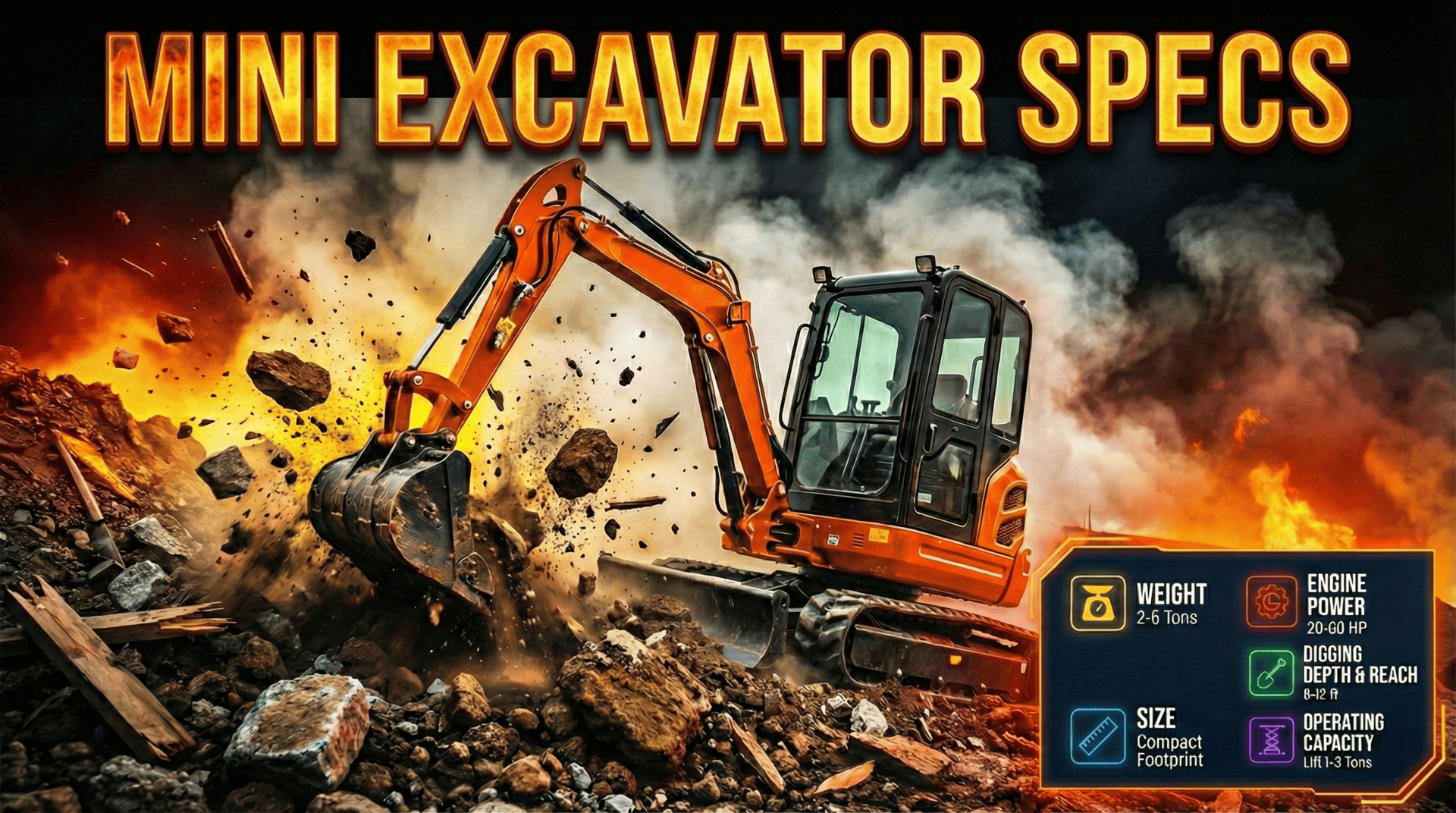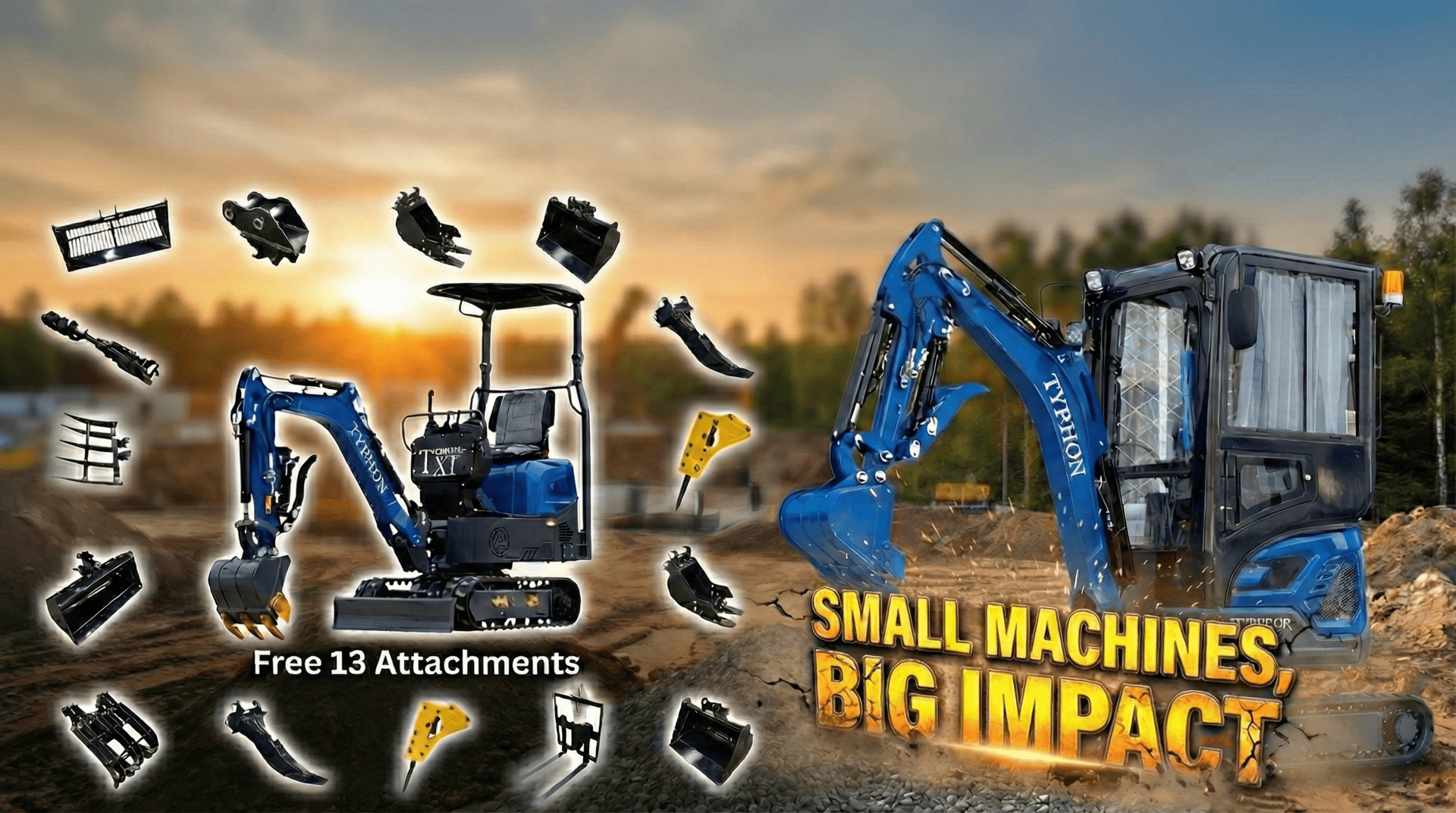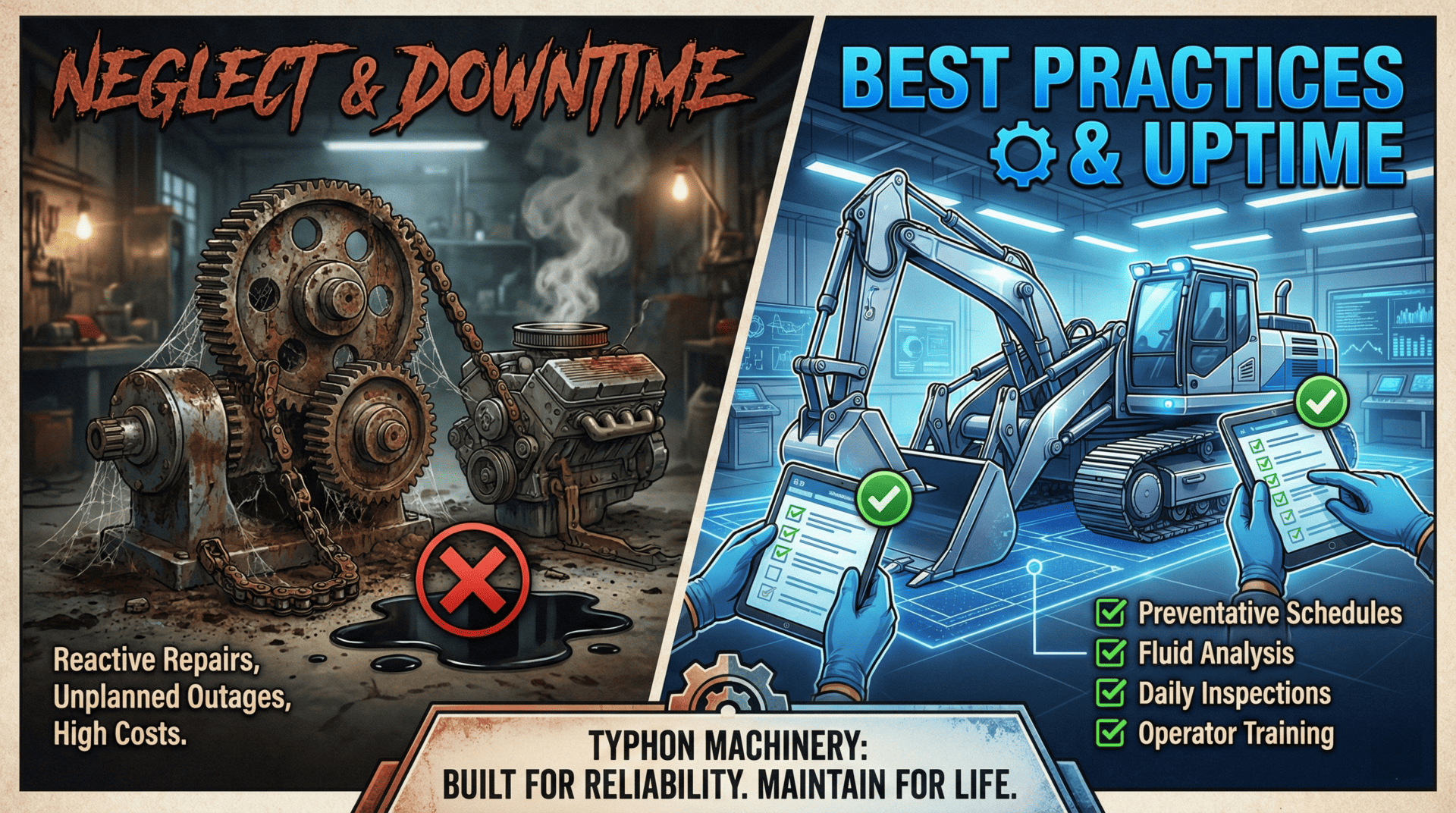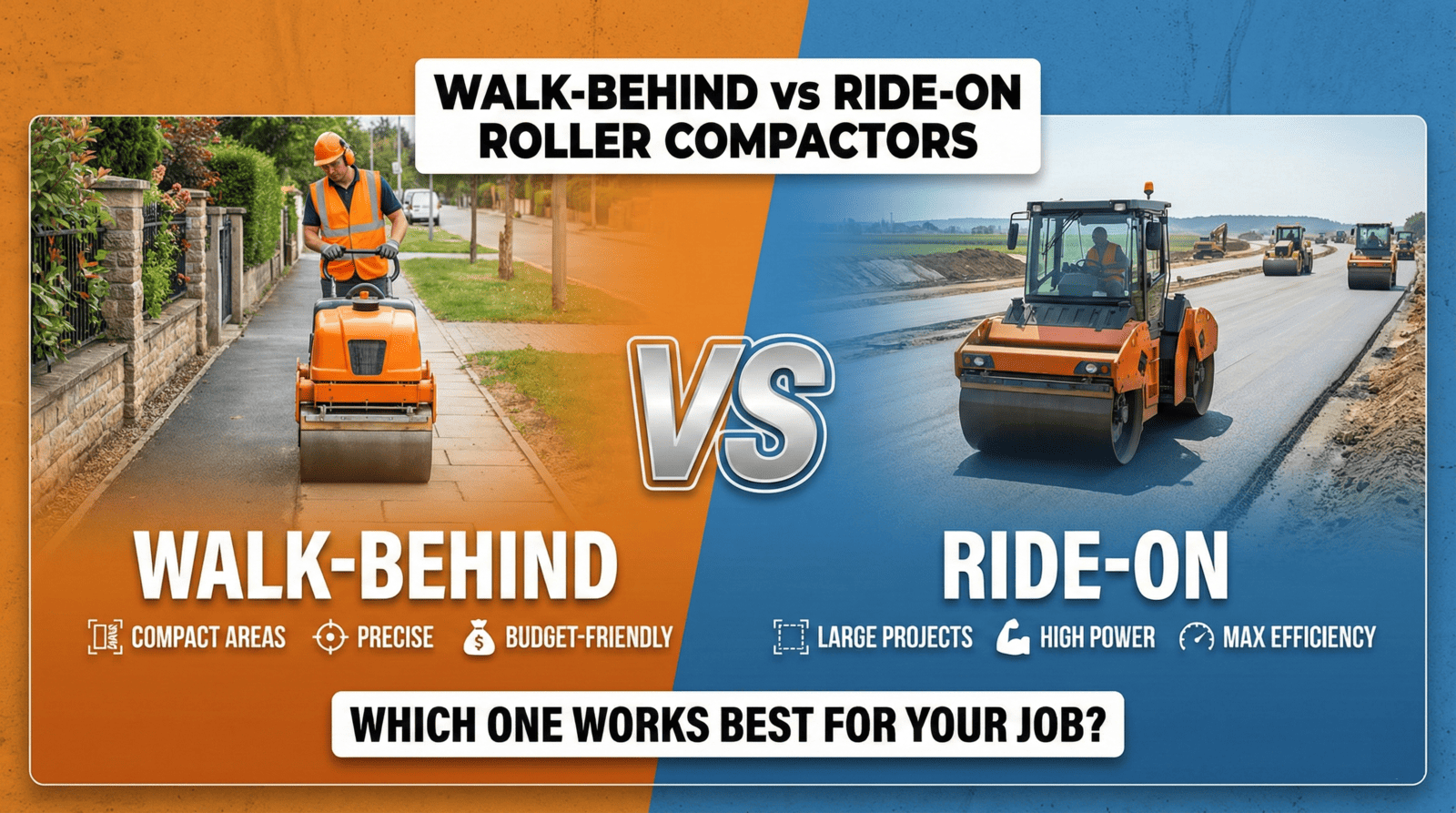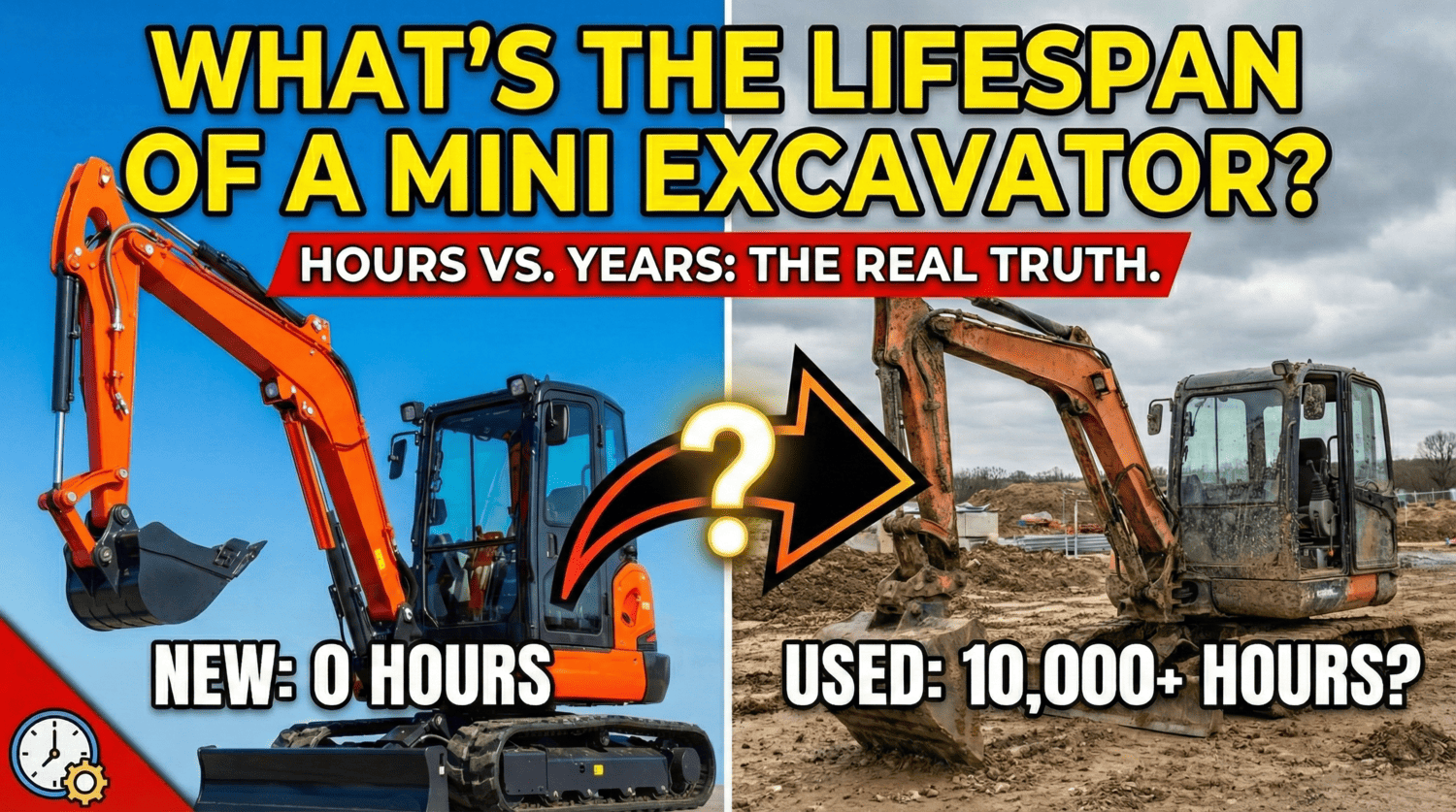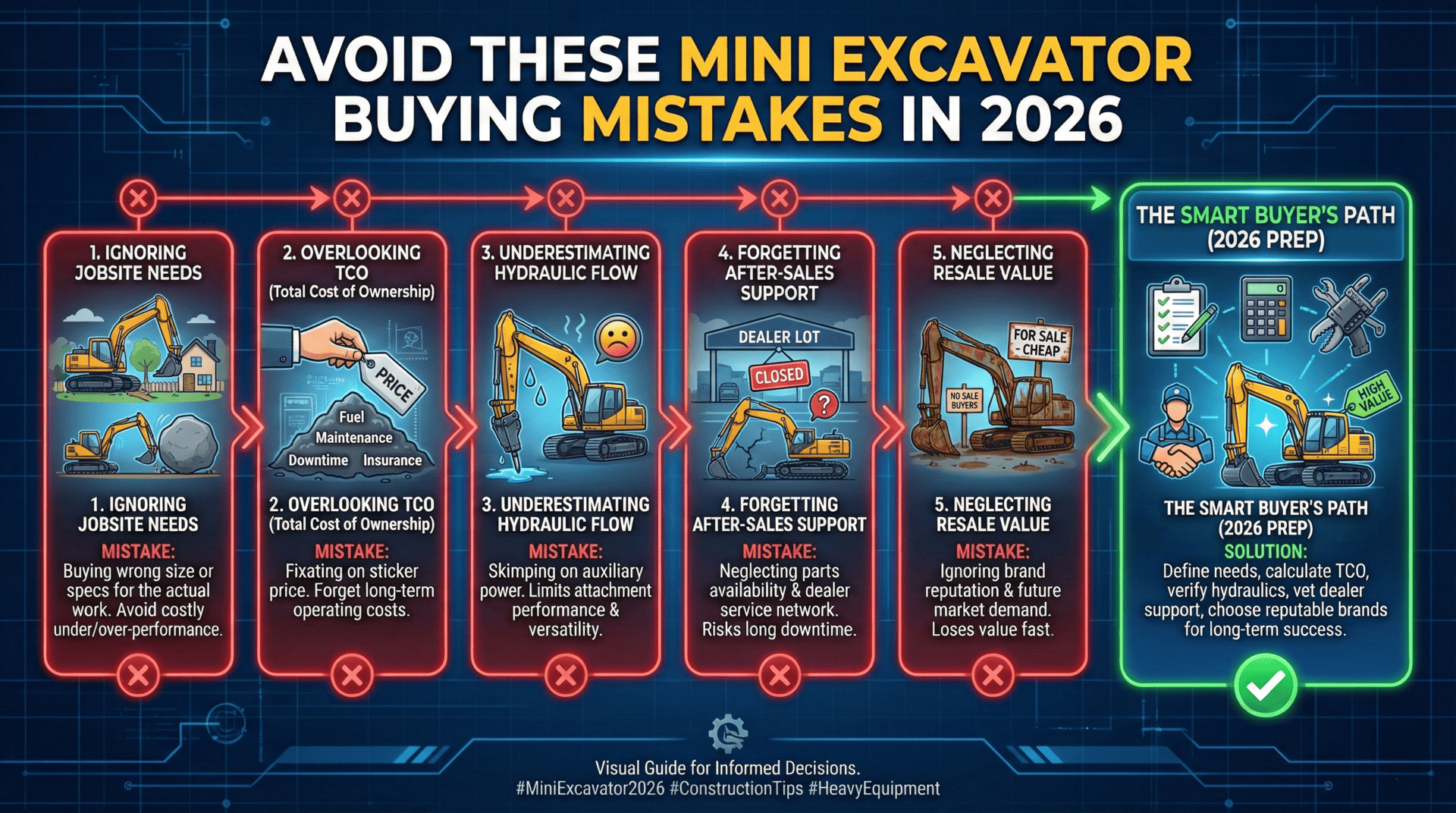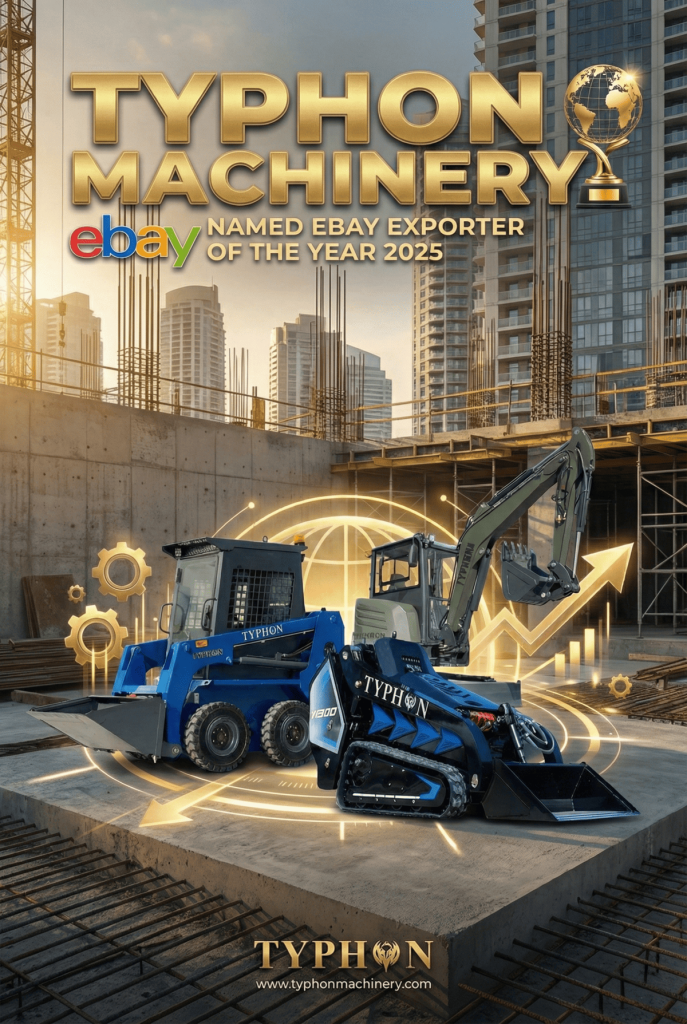Starting and running a construction company is full of challenges; one of the biggest challenges is running and managing a fleet of high-value heavy machinery. Not only can the initial cost of buying equipment go well into the millions, but the cost of maintenance or replacing faulty machines can increase the company budget significantly.
That’s why construction machinery maintenance is very important.
For owners of a construction company having a fleet of heavy machinery, we’ve created a blog to help you create and manage an effective construction machinery maintenance schedule so you can protect your investments.
What is construction machinery maintenance?
Construction machinery maintenance is a proactive, scheduled method of machinery repair rather than a reactive, unscheduled, sudden breakdown approach. There are 2 major types of construction machinery maintenance: routine maintenance and preventive maintenance. Both are very important for prolonging the longevity of your machinery and keeping operations running smoothly.
Routine maintenance
Routine machinery maintenance is done on a scheduled date and ongoing basis every month. Typically, these maintenance tasks consist of service work that the company yard mechanics can complete and do not call for highly specialized skills.
Routine maintenance can include:
- Lubricating components
- Oil & filter change
- Regular Safety inspections
- Replacing damaged parts
- Tire inspection
- Pressure tests
- Checking transmission Oil levels
- Checking engine coolant levels
- Checking brakes
Preventive maintenance
Preventive machinery maintenance is a little change from routine maintenance. Company mechanics look for problems at the start, performing maintenance while the equipment is working perfectly to avoid unforeseen breakdowns.
Preventive machinery maintenance can be time-based (scheduled inspections) or based on the usage of the machine (every 10,000 km). Preventive maintenance is more costly than routine maintenance, which is why it is also important to choose wisely which equipment to routinely maintain and which can benefit from preventive maintenance.
If your construction machinery is used for an important function or the probability of a breakdown increases with time or usage, you can consider a preventive maintenance schedule for them.
Importance of construction machinery maintenance
Preventive machinery maintenance plays a vital role not only in preventing unexpected heavy equipment failure but for some reasons below.
1. Cost savings
Cutting down expenses and cost savings are generally at the top of the list of business goals for most construction companies. According to a study, improving preventive maintenance procedures can decrease heavy machinery repair costs by up to 25%.
2. Predictable expenses
Machinery that functions efficiently over an extended period helps reduce unexpected breakdowns, repair expenses, and costly downtime, all of which can impact a company’s revenue. Keeping equipment in top condition not only enhances productivity but also safeguards against losses, ensuring smoother operations and greater profitability.
Machinery not maintained properly is also known to cause multiple failures. One small error can lead to a series of problems from one to another, and another until, before you know it, you’re up to your eyeballs in expensive repairs that could have been avoided with preventive maintenance.
Not just that, if your machinery has been well maintained throughout its lifetime, it will have a better resale or trade-in value saving you money even at the end.
3. Improve the longevity of machinery
This is one of the major reasons to perform preventive maintenance on your heavy machinery. Machinery that is properly maintained will last longer and work better than equipment that is rarely maintained. preventative maintenance increases the machinery lifespan, saving you the hassle and cost of replacements or disposals.
4. Safety
Machinery that is well-maintained is also safer and more trustworthy than poorly maintained machinery. One more thing you want as a company owner is a sudden machinery failure—this is a huge safety hazard that could seriously injure not only its operator but anyone nearby and could even cause damage to other machines. Sudden failure is a costly procedure, not only for the health of your operators but also for your high-value machinery.
5. Improved Efficiency
This applies to efficiency from both a company and service perspective. When heavy machinery fails, the only choice available is to pull it from the project and send it for repair. This can cause a highly paid operator to idle and wait for his machine to get fixed. On top of that, if the machinery is important for business operations and supports other machinery, its downtime can reflect company efficiency as operations may fall behind schedule.

